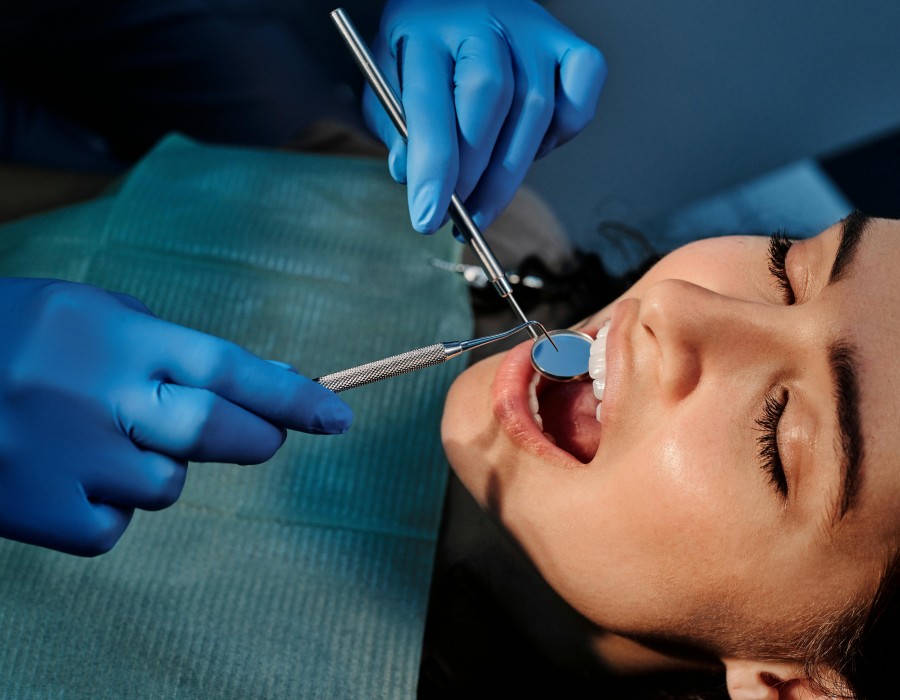Wisdom teeth, often referred to as third molars, typically emerge in late adolescence or early adulthood, generally between the ages of 17 and 25. While they can be beneficial for some, they often become a source of discomfort and dental issues for many individuals. The decision regarding when to remove these teeth is significant and can have lasting implications for oral health. Understanding the importance of timing in wisdom teeth removal can help you make informed decisions, ensuring a smoother dental experience and optimal health outcomes.
Understanding Wisdom Teeth and Their Function
To appreciate the rationale behind wisdom teeth removal, it is essential first to understand what these teeth are and their intended function. Wisdom teeth were valuable to our ancestors, who relied on them to grind down tough plant tissue, roots, and meats. However, as human diets have evolved and our jaws have become smaller due to changes in dietary habits and cooking methods, these teeth often become impacted or misaligned.
Impaction occurs when there isn’t enough space in the jaw for the wisdom teeth to emerge properly. This can lead to various complications, including pain, infection, and damage to adjacent teeth. For many individuals, wisdom teeth serve little purpose and can instead become a burden, necessitating their removal. Recognizing the optimal age for extraction can mitigate these risks and promote better overall dental health.
The Optimal Age for Wisdom Teeth Removal
Late Teens to Early Twenties: The Ideal Window
Research indicates that the ideal age for wisdom teeth removal is between 17 and 21 years old. During this period, the roots of the teeth are not fully developed, and the bones surrounding the teeth are still relatively soft. This makes the extraction process easier and less complicated, reducing the risk of issues during and after surgery. Furthermore, younger individuals typically heal more quickly than older adults, which can lead to a faster recovery.
Removing wisdom teeth at this age can also prevent potential problems from arising later. For instance, if wisdom teeth are left in place and they become impacted, this can lead to cysts, infections, or even damage to the neighboring molars. By addressing the issue proactively, individuals can avoid more complex procedures and complications later on.
The Risks of Delaying Extraction
While some individuals may choose to postpone wisdom teeth removal until their mid-twenties or later, this decision can come with risks. As individuals age, the roots of the wisdom teeth grow deeper into the jawbone, making extraction more challenging and increasing the likelihood of complications. Additionally, older patients may experience more significant discomfort and longer healing times post-extraction.
Delaying removal can also lead to more severe dental issues. Impacted wisdom teeth can create pockets for bacteria, leading to infections that may require antibiotics or even hospitalization. Moreover, the pressure exerted by these teeth can result in crowding of the other teeth, potentially undoing years of orthodontic treatment. For these reasons, timely intervention is crucial for maintaining optimal oral health.
Situations That May Alter the Timing of Removal
Individual Variability and Dental Assessments
While the general guideline suggests that late teens to early twenties is the best time for wisdom teeth removal, individual circumstances may necessitate a different approach. Some individuals may experience early eruption of their wisdom teeth, requiring removal sooner. Conversely, some may not develop wisdom teeth at all, significantly altering the need for extraction.
Dental professionals often conduct assessments, including X-rays, to evaluate the position and development of wisdom teeth. These evaluations help determine the appropriate time for removal, taking into account the individual's dental health, the position of the wisdom teeth, and any potential complications. Consulting with a dentist can provide personalized recommendations tailored to your specific situation.
Monitoring Symptoms and Complications
Another critical factor influencing the timing of wisdom teeth removal is the presence of symptoms or complications. If an individual experiences pain, swelling, or signs of infection, it may be necessary to expedite the extraction process, regardless of age. Ignoring these symptoms can lead to more severe health issues, necessitating urgent intervention.
Regular dental check-ups can help monitor the condition of wisdom teeth and identify any emerging problems. Dentists can provide guidance on the best course of action, ensuring that individuals are informed about their options and the potential consequences of delaying treatment.
Conclusion: Prioritizing Your Oral Health
The decision regarding when to remove wisdom teeth is not one to be taken lightly. Understanding the importance of timing in this process can have significant implications for your oral health. The late teens to early twenties is generally regarded as the optimal age for extraction, as this window allows for easier and less complicated procedures, promoting quicker recovery and minimizing potential dental issues.
However, individual circumstances, symptoms, and dental assessments play crucial roles in determining the right time for wisdom teeth removal near me. Regular dental visits and open communication with your dentist can empower you to make informed decisions about your oral health.
Ultimately, prioritizing the removal of wisdom teeth when necessary can lead to better dental health and overall well-being. By staying proactive and attentive to your dental needs, you can ensure a healthier future with a smile that radiates confidence.





Comments